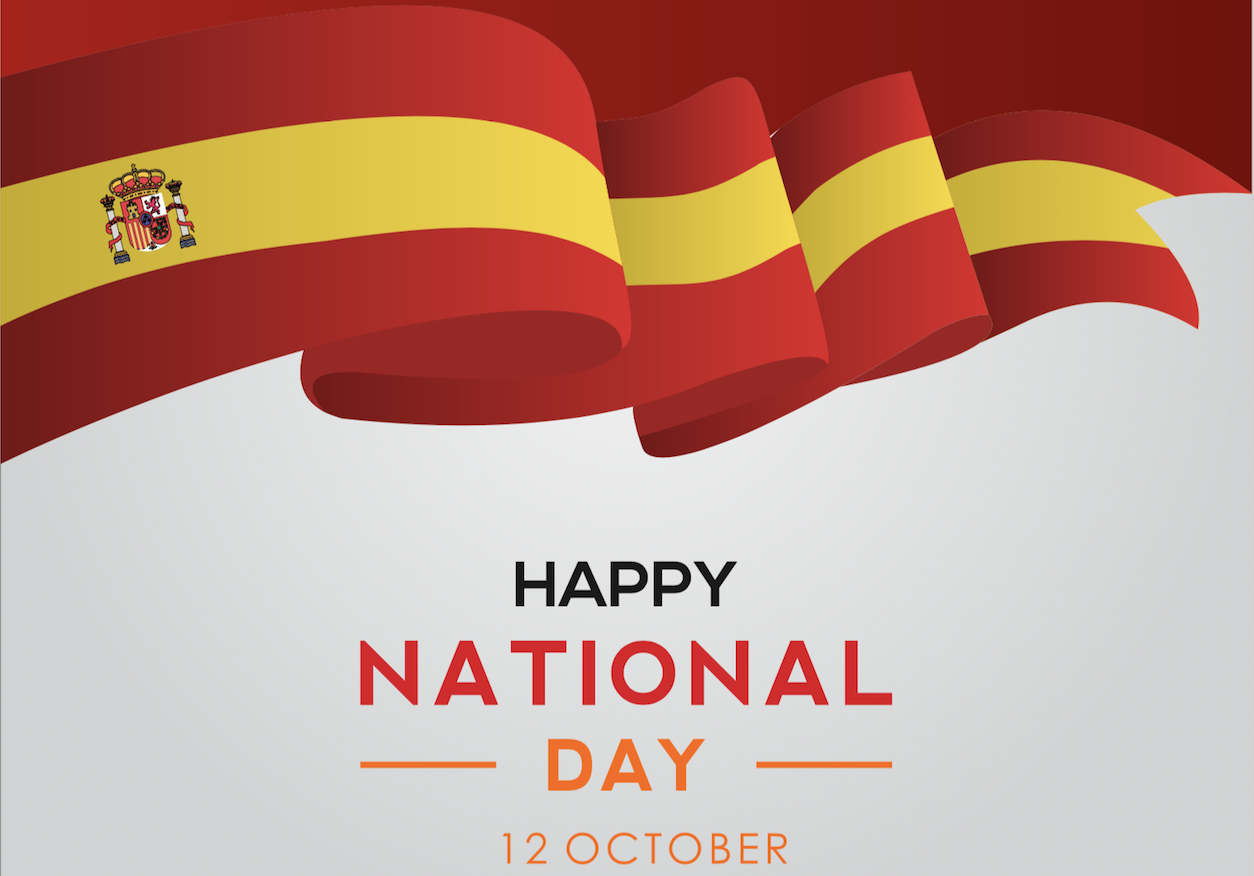On Friday October 12 everyone will be celebrating Spain’s national day (or Día de la Hispanidad), a Spanish national holiday dating back to 1492 when the first contact between Europe and America occurred. Also known as Columbus Day, it is celebrated because it was on this date that, 526 years ago, Christopher Columbus arrived on the island of Guaraní, in the Bahamas. Together with the men of his expedition they partook in a now historic event known as the ‘meeting of two worlds’.
Observed since 1935, the celebration was changed to Dia de la Hispanidad, which displayed Spain’s cultural Hispanic identity with Latin American nations in 1987. The name change was intended to avoid connection to Spain’s colonialist past and the choice of date was to commemorate Columbus’ sighting of the Bahamas and ‘discovery of America’. A compromise between royalist and republican Spaniards was struck in the midst of much political unrest, solidifying the annual event.
Fiesta Nacional de España is a day off work for Spaniards and an opportunity to spend time with family and friends.
Madrid has held a grand Fiesta Nacional de España parade every year since 2000, which features the King raising the Spanish flag while the prime minister leads a procession of military vehicles through the streets, and the air force soar overhead painting the sky red and yellow with smoke. However, if you can’t attend the event in person, have no fear, as it is on TV and radio and both are worth tuning in to.
Alternatively you could visit the Christopher Columbus statue, which is nearly 70 metres tall and can be found at the end of the popular Las Ramblas tourist street in Barcelona. The monument was constructed to honour Columbus’ daring voyage across the Atlantic and was unveiled at the 1888 Universal Exposition of Barcelona. Columbus reported his discovery of “a new world” in Barcelona to Queen Isabella and King Ferdinand, who had sent him out on his travels. The statue features Columbus standing on top of a towering pillar pointing out with his hand over the sea, as if to indicate the vast new lands he had found.

